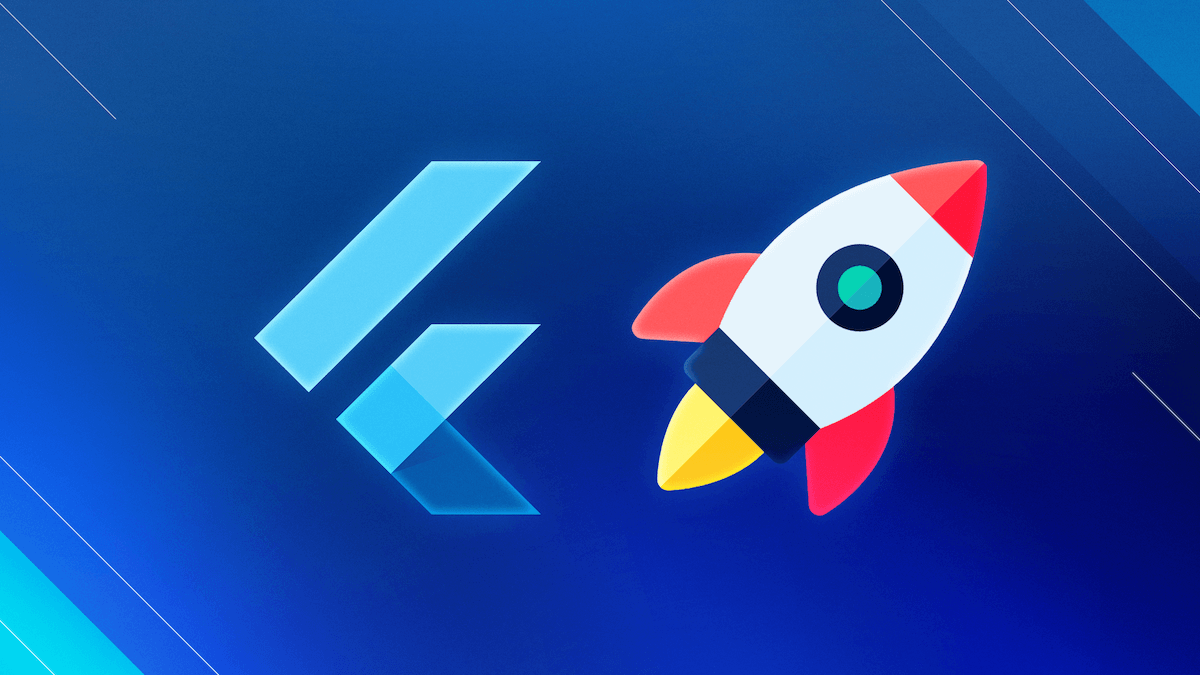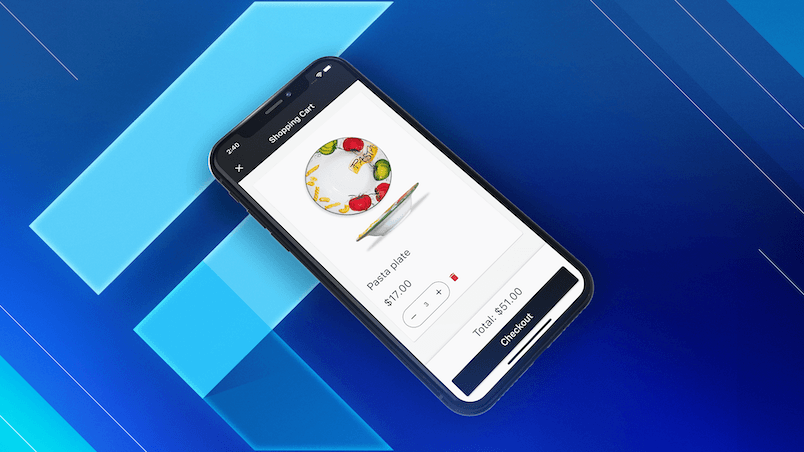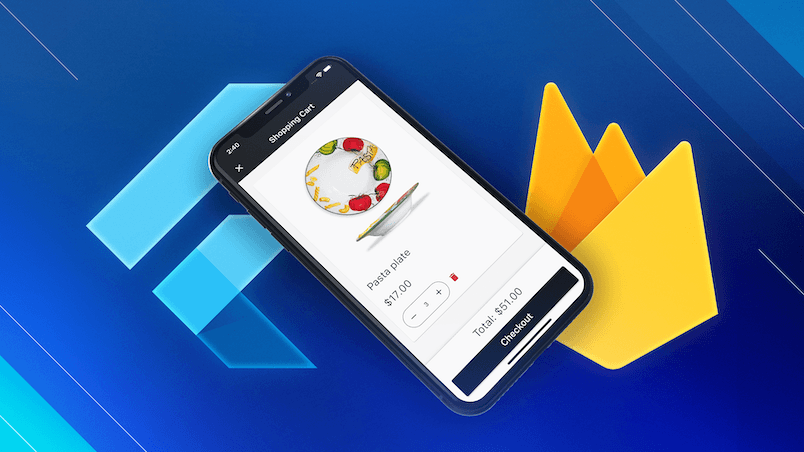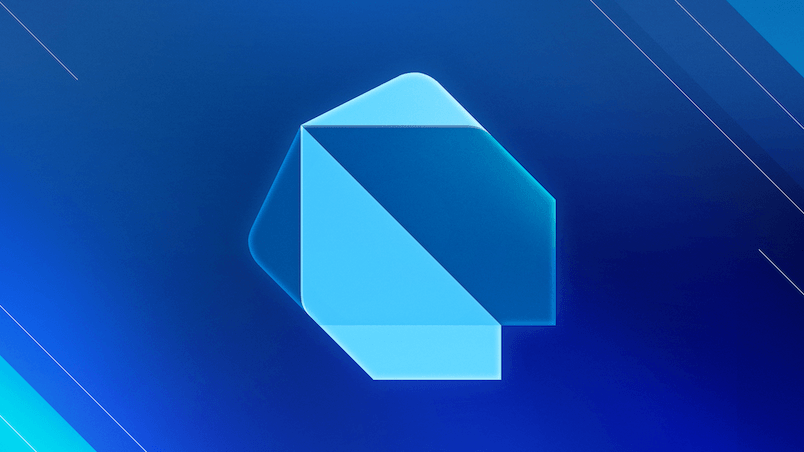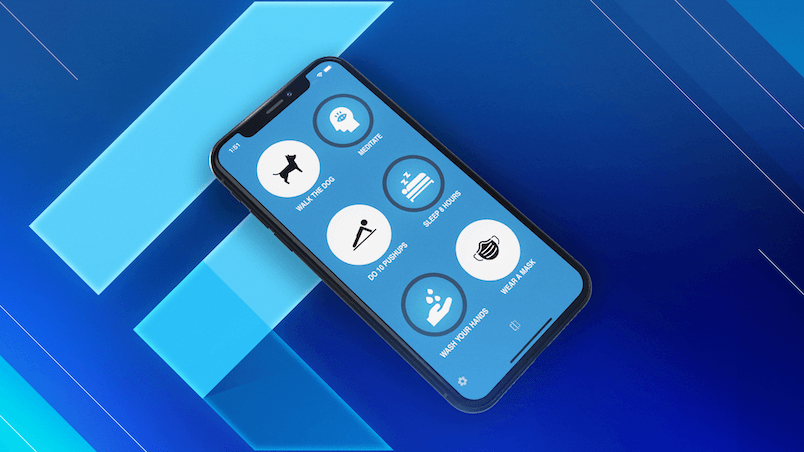My long summer break is over, and I’m back in business! This month, we're diving into the new Flutter 3.35 release, the stable Flutter & Dart MCP Server, the significant move to decouple Material & Cupertino, and of course, the ever-evolving world of AI. Let's get into it!
Flutter 3.35 & Dart 3.9 Highlights
Flutter 3.35 brings two long-awaited features:
- Stateful hot reload on the web: First introduced in Flutter 3.32, now available as a stable release.
- Experimental Widget Previews: This allows you to see your widgets render in real-time, separate from a full app, in your Chrome browser.
I initially doubted the utility of a Flutter Widget Previewer, but after using it, I can see its value, especially for applications with many custom and reusable UI widgets. Check out this guide to get started.
Beyond these, the release includes:
- More control and polish in the Material and Cupertino libraries
- Various framework, engine, and DevTools improvements
Dart 3.9 also ships alongside Flutter 3.35, though it's a fairly minor update.
For the complete breakdown:
But hold on, there's more!
🤖 Dart and Flutter MCP server
The Flutter MCP (model context protocol) server is now stable and helps AI agents to better understand your code context and perform actions, such as:
- Analyze and fix code errors
- Resolve symbols, fetch documentation, and signature info
- Introspect and interact with you running app
- Search
pub.devfor packages - Manage
pubspec.yamldependencies - Run tests and analyze the results
- Format code with the same formatter and config as
dart format
To learn how to set it up with popular AI tools, read the official guide:
Tools like Claude Code already perform some of the tasks above without extra setup. Now that the Flutter MCP server is stable, I'll do some experiments with and without it, compare the differences, and share my findings.
🎨 Decoupling Design in Flutter
The Flutter team is embarking on a significant architectural change: moving the material and cupertino libraries out of the core Flutter SDK into standalone packages. This will make the framework lighter, more flexible, and allow for faster iteration on design libraries.
What does this mean for you?
- Faster Updates: Critical bug fixes and design updates for Material and Cupertino will no longer be tied to Flutter's quarterly stable release cycle, reaching developers much faster.
- More Control & Flexibility: Developers gain finer control over their design system versions and a leaner, un-opinionated core framework for custom UIs, fostering a more diverse Flutter ecosystem.
This is a substantial undertaking, with the transition expected to complete in 2026. You can track the progress and learn more about the rationale in these resources:
🧱 Featured Packages
If your app does some form of audio recording or playback, you might want to check out the record and flutter_soloud packages, which were recently featured in the Package of the Week playlist:
Latest AI News
LLMs and AI tools continue to evolve rapidly. A few weeks ago, both GPT-5 and Claude Opus 4.1 were released, claiming the top spots in popular benchmarks and leaderboards like WebDev Arena.
But let's not get carried away by the hype: GPT-5 still managed to fail on a kindergarten worksheet, and Steve Yegge's recent attempt to use Claude in production ended with catastrophic results.
Moreover, a recent MIT report pointed out that 95% of generative AI pilots at companies are failing, and another study found that experienced open-source developers took 19% longer to complete various tasks when using AI tools (note: the developers in the study used Cursor Pro with Sonnet 3.5/3.7, which is no longer a frontier model).
So, what does this all mean for you?
- Benchmarks don't tell the real story: Real world usage is what really matters, and there isn't a single tool or LLM that works best for all use cases (even Andrey Karpathy said so in this recent and insightful post).
- AI tools can't be trusted: Make sure you remain in control and put guardrails in place.
My takeaway is that AI tools can still unlock big productivity gains. I've experienced this firsthand, but not before spending a fair chunk of time learning how to extract value from them (and to be honest, I still have a lot to learn and share).
Until Next Time
I've been a bit quiet recently as I was busy moving back to my home country 🇮🇹. Now that (almost) everything is settled, I look forward to getting back to work, and sharing my journey with Flutter, AI, and more!
So stay tuned and keep an eye out on my YouTube, socials, and this newsletter.
Happy coding!

